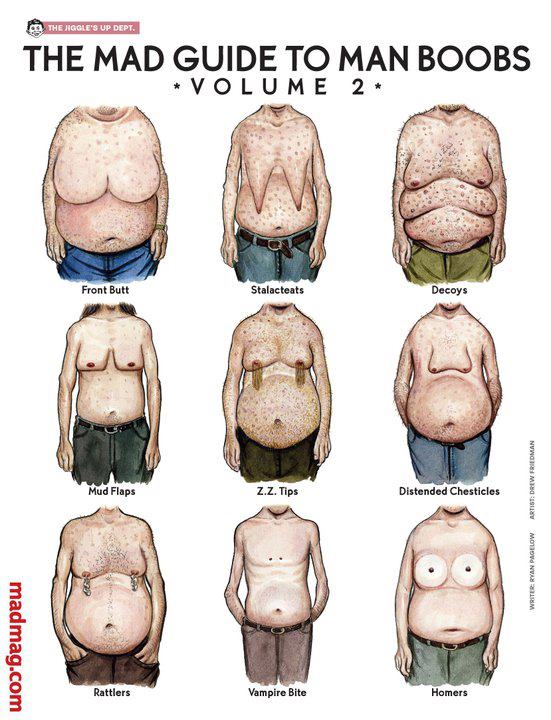
I haven't been screwing off. Here is my report from the third conference for Strategically Engineered Negligable Senescence, the brainchild of cell biologist Aubrey DeGrey, as it appeared in the Times of London:
This summer two Cambridge undergraduates approached Aubrey de Grey, an outspoken expert on ageing, in his favourite pub, hoping for an informal chat. “Er, sorry, Dr de Grey?” one of them said. “I just wanted to say that I heard your lecture about antiageing medicine and that I thought it was brill . . .”
“Then what are you doing about it?” de Grey replied.
“What?” his student admirer said, clearly puzzled.
 60 Is The New 16!
60 Is The New 16! Low T? Welcome To Their World, Brother!
Low T? Welcome To Their World, Brother!














